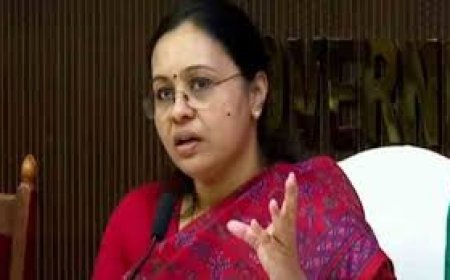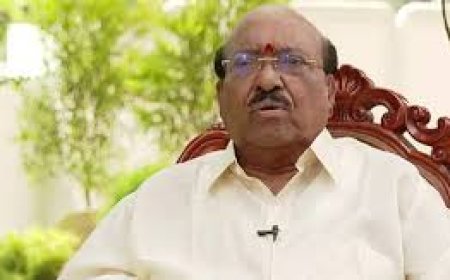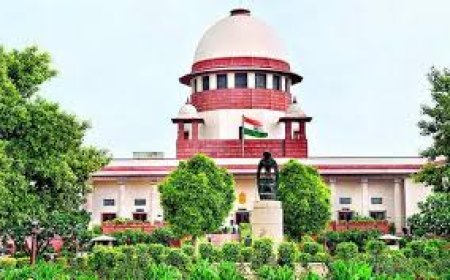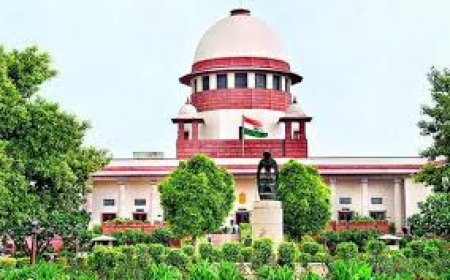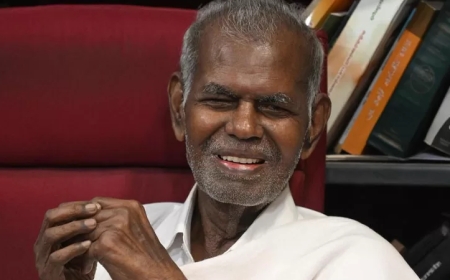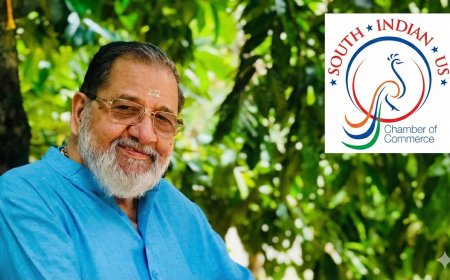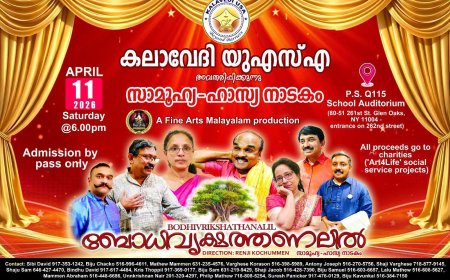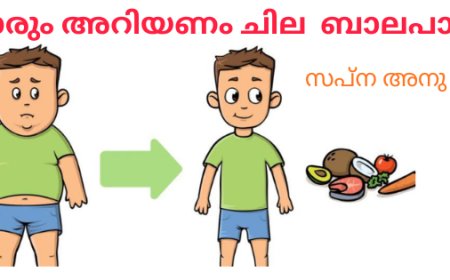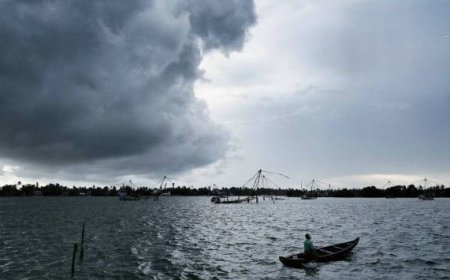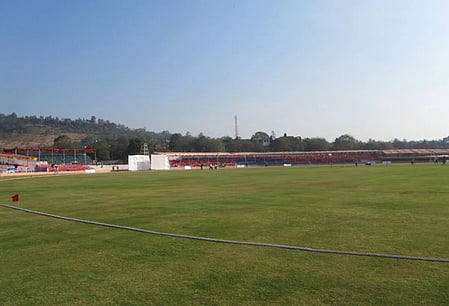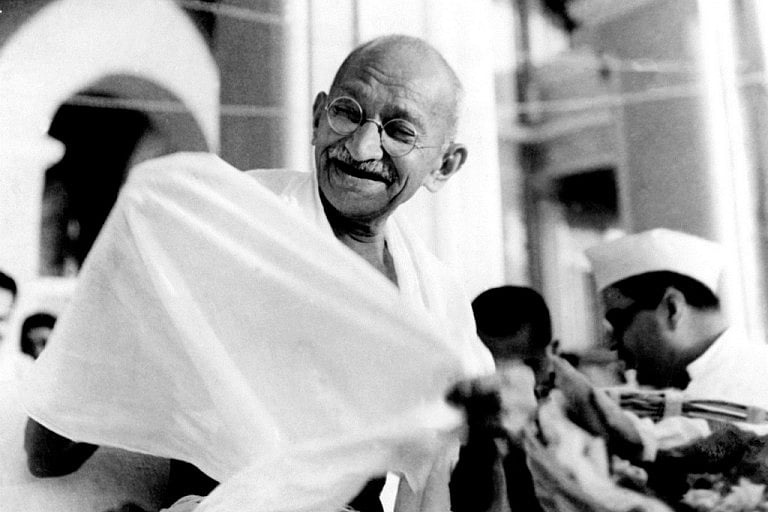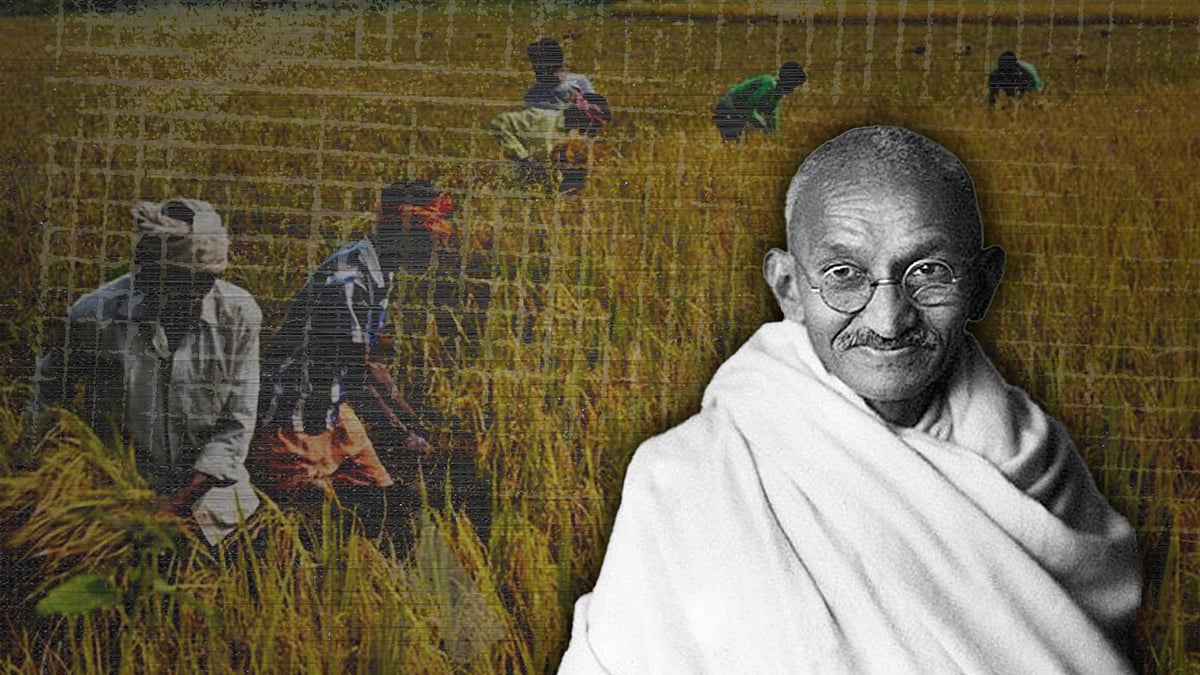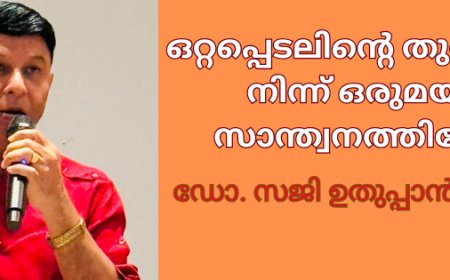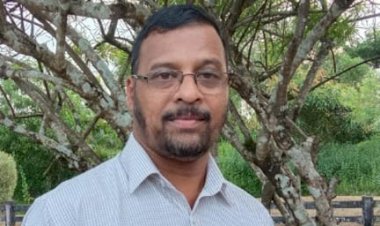Rural expansion for a new economy

INDUSTRIALISATION and modernization resulted in the migration of people from rural areas to cities and towns and later expanded to suburbs around the parameters of a big city or town.
This is because the good paying jobs were in the city because most of the industrial expansion was around big cities and major higher education institutions are also in the cities.
This migration has resulted in major changes to economic expansion. A farm-based economy is transferred to a market-based economy. The traders of the farm products control the market. Similarly manufacturing industrial products became a more money-making investment.
Most of the mass transits are in the cities connected with the suburbs. There is no mass transit connection with cities and suburbs in rural areas. Rural areas are largely abandoned. This has resulted in rural residents not experiencing most of the advances in science, technology and medicine.
Not having opportunities for highly paid new jobs, they remain as low-income people making a living through their low agricultural income. This is a global phenomenon now. Most of the economic activities are in the cities and suburbs get benefits because they are connected to the cities.
To have a better quality of life experiencing the new technology and meal advances for the rural residents of all countries, there must be rural expansion, meaning more people move from cities and suburbs to rural areas.
More people should engage in agriculture, establish more colleges and universities and have more manufacturing facilities in rural areas of the country. This will result in an economy that benefits all people in the country. By expanding the population to rural areas, we can reduce the population density in the cities and thus avoid the various negative impacts on the environment, crime and fast spread of diseases.
Kerala may be an exemption to this theory in most cases because people like to live in villages and rural areas. But in the rest of India, except may be the State of Delhi, people living in rural areas are mostly poor and much less educated. This is true even in a rich country like the USA. In poor countries, the difference between city residents and rural residents is much greater in terms of their education and income.
The time has come for the world to have a new economy where all residents get the same opportunities for education and job so that they can have a better quality of life. By expanding residence to rural areas, more people will be engaged in small farming, producing organic vegetables they need, having freshwater fish to eat and cleaner air to breathe.
Cities have become sources of pollution because of human activities and very high number of vehicle traffic with traffic jams.
Air is highly polluted and a lot of solid waste is produced. Suburbs also are getting crowded like the cities. But, rural areas remain clean with good fresh air. Advanced technology and work from home philosophy make it easy for working people to move to rural areas. Almost everybody has a car or a two-wheeler nowadays and there is no need for additional public transportation.
People can live in rural areas and enjoy the luxuries of cities and suburbs. More new restaurants will start in rural areas, more healthcare facilities will start and more educational institutions will come. This way rural people get an opportunity to enjoy these facilities and improve their standard of living like the city and Suburban residents.
The world should start moving to this new global economy with rural expansion. This will result in major cultural changes in communities, better communication among populations and economic equality between city dwellers and rural residents.
The world should try this idea of rural expansion which will have positive environmental and economic impacts on the population.
Kerala has almost reached this new concept of rural expansion and you can see the difference in Kerala community and economics. In Kerala, it happened naturally because people like rural and suburban life.




